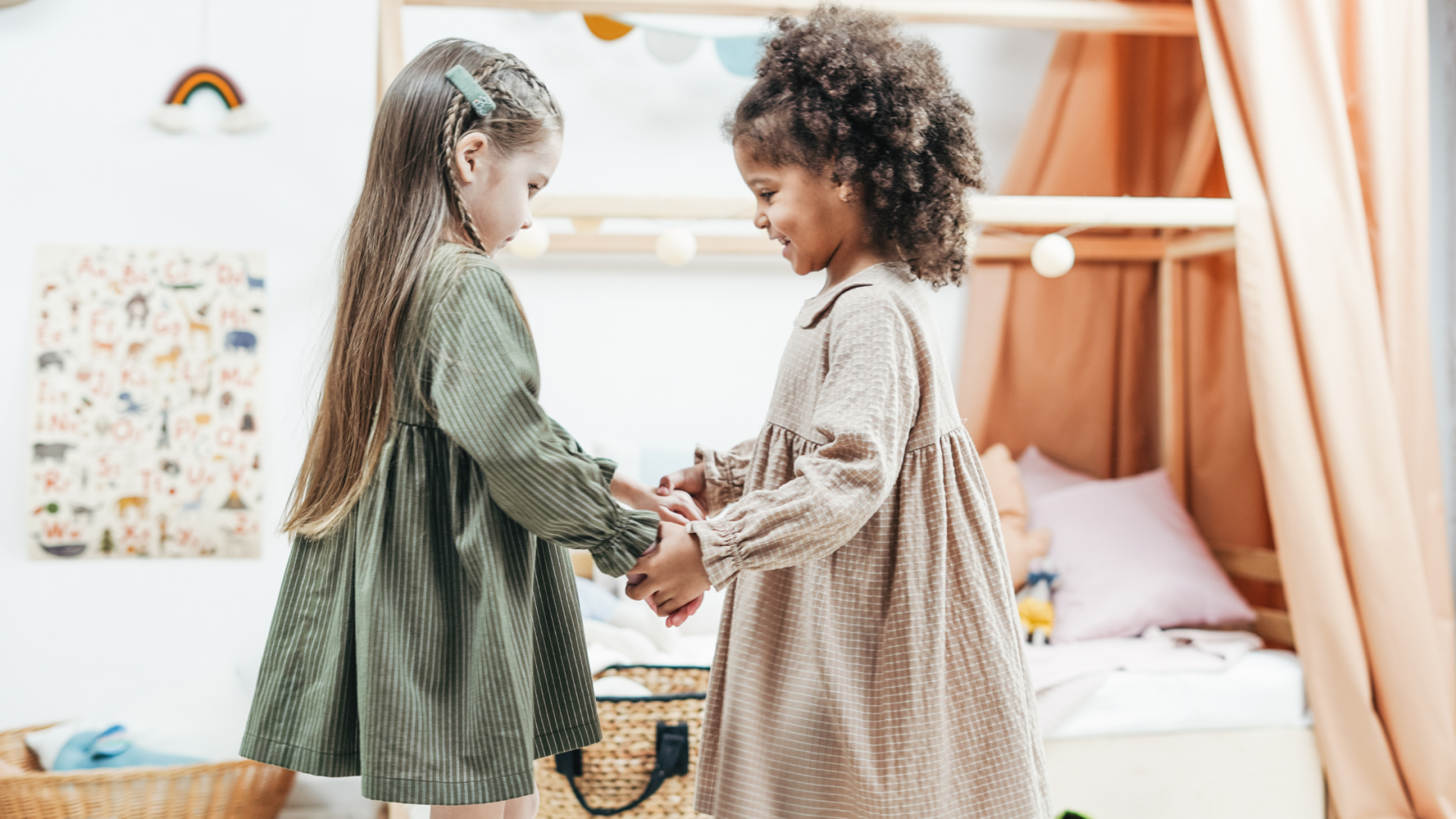The Role of Prison Staff in Preventing Sexual Assault at Pasadena Jail
Naomi Cook, Guest Contributor
Located in Pasadena, TX, is the Pasadena Jail, and on this page, you can know how many inmates stay out their full terms in prison or be held temporarily until they are routed to another prison in the state. One of the biggest concerns and approaches that Pasadena Jail staff is taking in recent years is the statistics surrounding prison inmates and reducing sexual assault at their facility, and the role of prison staff in preventing sexual assault at Pasadena Jail for it is crucial.
It is essential for staff to create a culture of zero-tolerance for sexual assault and to hold perpetrators accountable for their actions. By actively working to prevent sexual assault, prison staff can create a safer environment for inmates and ensure that justice is served.
Train prison staff
In order for the Pasadena Prison staff to understand what they are preventing in their facility, they need to know what sexual assault is in prison. Proper training that outlines sexual assault, from words and body language to the actual attacks that happen is essential. Once the staff has undergone the proper training in sexual assault in prison, they will know what to look for when they are patrolling the facility and know which course of action to take next. When you offer this training, it should be for anyone who works in prison, including the guards and other staff members. Contractors who may come into the facility periodically should also undergo the same training for protection and look for ways to prevent these attacks.
Be an advocate for prisoners
When these prisoners feel threatened and think that they may be targeted for a potential sexual assault, they need to have a staff member available so that they can speak and address their concerns. An advocate will take the information that is provided to them anonymously and look into any situations, events, times, or behaviors that may be indicative of an attack. If someone has been a victim of sexual assault in prison, they need to have an advocate that will help them get the resources they need and set them up with both health care and a counsellor to help them work through the trauma. Knowing who that person is and how to get in contact with them is essential for the inmates.
Keep the facility full-staffed
In many cases, attacks of sexual assault happen during shift changes or at times when there may be a visual display of short-staffed guards. When the facility is fully staffed, there is less chance of an attack happening because they know that a guard will break it up before it can escalate. This could mean having some guards come in during half shifts so that they can cover the floors and their assigned areas when it is time to have a shift change.
Unfortunately, having a short-staffed facility can put the guards and staff members in jeopardy of being attacked by the inmates when they are strongly outnumbered and unable to get assistance during an attack. This is also true for staff members and guards who may attempt to attack each other at the facility while on the job.
Background checks on staff members
It is important to know that sexual assault in prison isn't always inmate vs. inmate. This assault can be initiated by a guard or other staff member that is working at the facility. While there are certain training and background investigations for the guards, it is essential that all staff members, even those that are contracted to come and work on the property, undergo a full background investigation. This could unknowingly put the prisoners in harm's way if there is someone with a background in sexual assault working on the property, and they are left vulnerable to that person.
Separate your prisoners
If you have prisoners that are a part of the LGTBQ+ community, you need to ensure they are separated from the other prisoners at times when they are most vulnerable. Unfortunately, these prisoners are often the first targeted for attacks and remain attacked during the time they are in prison. Having them in their own cell block can reduce the chances of them being attacked by other prisoners.
This is also true with your violent inmates who are known to physically or sexually attack others. They should not be sharing spaces with other inmates unless it is during times when the guards are fully staffed. When the facility is large enough to go on rotations for lunches, outdoor time, and showers, they should have their own rotation away from the other prisoners.
Share this post







